Al-Qaeda terrorist duped FBI, Army
By JOSEPH NEFF and JOHN SULLIVAN
Raleigh News & Observer
October 24, 2001
FORT BRAGG, N.C. - Ali Mohamed lived a double life that seemed more fiction than fact. He served in the heart of the U.S. military at Fort Bragg and in the inner circle of Osama bin Laden's Islamic fundamentalist terrorists' network.
Long before he was arrested in connection with the 1998 car-bombing attacks on the American embassies in Kenya and Tanzania, there were questions about Ali Mohamed, a retired U.S. Army sergeant. He had puzzled fellow soldiers with his haughty attitude toward America and avowed Islamic fundamentalist beliefs.
Now, as the United States wages war on terrorism, the case of Mohamed shows what the CIA and FBI are up against: terrorist operatives who weave themselves into the fabric of America.
After al-Qaeda's car-bombings of the embassies in Kenya and Tanzania, it became clear where Mohamed's allegiance lay. Investigators linked Mohamed to the attacks, which killed 224 people and injured more than 4,500. He was arrested 34 days later and has since pleaded guilty and described his central role in the attack.
Although law enforcement and intelligence agencies collected information on Mohamed, they assembled the pieces of the puzzle too late - after the embassies had been bombed.
"He was an active source for the FBI, a double agent," said Larry Johnson, a former CIA agent and director of counterterrorism at the State Department during the elder Bush's administration.
The FBI "did a lousy job of managing him," Johnson said. "He was holding out on them. He had critical information years ago and didn't give it up."
The FBI declined to be interviewed for this article.
So just who is this educated soldier, fluent in at least four languages, who trained at Fort Bragg and taught Green Berets about the Middle East? And how did he move back and forth between an outwardly normal immigrant's existence and the hidden world of al-Qaeda?
Mohamed's relationship with the FBI and intelligence services remains wrapped in secrecy. His plea agreement is sealed, as are many of the court documents and much of the testimony. Mohamed was expected to testify - but did not - at the trial at which the four others were convicted. Mohamed and his lawyer have declined all interview requests.
But a picture emerges from court documents, interviews, trial transcripts and published accounts.
Born in Alexandria in 1952, Mohamed joined the Egyptian army in 1971. With a bachelor's in psychology and two years of training at Egypt's military academy, he rose to major in the Egyptian Special Forces.
Sometime in the early 1980s, after Egyptian President Anwar Sadat made peace with Israel in the Camp David accords, Mohamed joined the fundamentalist group Egyptian Islamic Jihad.
About this time, the Egyptian army sent Mohamed to Fort Bragg for special forces training - common for officers from countries the United States regards as friendly. Training beside U.S. Green Berets, he learned how to command elite soldiers on difficult missions such as special reconnaissance, unconventional warfare and counterinsurgency operations. After four months, he received a diploma with a green beret on it.
Returning home, he served in the Egyptian army for three more years. In 1984, he left to work as a security expert for Egypt Air - and started to make contact with the CIA.
"This individual approached the CIA to offer information," a U.S. official told The News & Observer, speaking on condition that no further identification be provided. "Some time later, we found out he was talking to known terrorists and had identified himself as a CIA agent. We felt him to be untrustworthy, and we put him on the State Department watch list."
The CIA also warned other U.S. government agencies about Mohamed and urged them to detain him if possible, the official said.
The next year, 1985, Mohamed managed to get a visa to enter the United States. One year later, he enlisted as a regular soldier in the U.S. Army at the age of 34. He was assigned to the U.S. Special Operations Command in Fort Bragg.
Fluent in Arabic, Hebrew, French and English, Mohamed brought extensive knowledge of the Arab world. Though officially a supply sergeant, he spent much of his time teaching soldiers about the Mideast.
Robert Anderson, a retired lieutenant colonel, remembers him vividly. Anderson said Mohamed made no secret of his religious views.
"He had identified himself as a fundamentalist, but after I interviewed him I identified him as a fanatic," said Anderson, who lives in Fayetteville, N.C.
Mohamed's beliefs were not just talk.
In 1988, he told Anderson and others that he was using his leave to join the war in Afghanistan against Soviet occupation. The United States was then secretly supporting the Afghan rebels and supplying them with weapons; but it was highly irregular, if not illegal, for an active-duty U.S. soldier to fight in a foreign war. If the Soviets captured him and learned his identity, it would embarrass the United States and further aggravate international tensions.
Anderson said he submitted an intelligence report to his superiors two weeks before Mohamed departed, but it was ignored.
Mohamed returned about a month later, Anderson said. He had clearly lost weight, suggesting that the trip had been strenuous.
"He comes back and brings me a belt from a Russian special forces soldier that he said he killed," Anderson said.
Anderson wrote up a second report and again heard no response.
X...X...X
Near the end of his tour at Fort Bragg, Mohamed apparently got busier in his work with terrorist groups. Documents from court cases show that he traveled on weekends to New Jersey, where he trained other Islamic fundamentalists in surveillance, weapons and explosives.
He continued this training after he was honorably discharged in 1989 with commendations in his file, including one for "patriotism, valor, fidelity and professional excellence."
Mohamed spent the next five years in the Army Reserves. For nine years after he left active duty, until his arrest in 1998, Mohamed shuttled between California, Afghanistan, Kenya, Somalia and at least a dozen other countries, court records show.
It was through his contacts with the Egyptian Islamic Jihad that he met bin Laden, but the date is not clear. It may have been in 1991, when Mohamed again went to Afghanistan to fight. That year, Mohamed helped move bin Laden from Afghanistan to Sudan.
Mohamed was soon handling some of bin Laden's most sensitive security matters, details of which he made public during his guilty plea. After a failed 1994 assassination attempt on bin Laden, Mohamed trained the inner circle of bodyguards for the Saudi exile.
He handled security when bin Laden moved his al-Qaeda entourage from Sudan back to Afghanistan in 1996, as well as when bin Laden met the Hezbollah chief who had directed the 1983 bombing of the U.S. Marine barracks in Beirut.
Mohamed also gave basic explosives training for al-Qaeda soldiers in Afghanistan in 1992 and translated training manuals from English to Arabic. In 1993, he trained Somali clansmen in the months leading up to a battle that took the lives of 18 U.S. soldiers.
Mohamed taught the terrorists how to create cell structures that preserved secrecy and how to move undercover in Western countries. He taught surveillance techniques: how to case targets, photograph them and write attack plans.
And he played a central role in the 1998 bombing of the U.S. Embassy in Nairobi, Kenya. In the early 1990s, he set up a cell there to support al-Qaeda's operations in Somalia. In late 1993, al-Qaeda ordered Mohamed to scour Nairobi for targets that would avenge the U.S. involvement in Somalia.
Mohamed conducted surveillance of the U.S. Embassy, the U.S. Agency for International Development and two French facilities.
It wasn't until August 1998 - four years later - that Mohamed's partners parked a truck full of plastic explosives outside the embassy. The blast killed 224 people and injured more than 4,500.
Within two weeks, FBI agents led a squad of 10 into Mohamed's apartment in Sacramento, Calif., where they copied computer files and photographed documents.
The evidence they found of Mohamed's terrorist activities included documents from his cell in Kenya and materials on how to run terrorist cells and penetrate security cordons. Mohamed was subpoenaed to appear before a grand jury on Sept. 10, 1998. He was arrested as he left the grand jury room.
At the request of the U.S. Attorney, federal judges kept the arrest secret for almost a year. Much of the case remains sealed.
Mohamed would have come first to the attention of the FBI in late 1990 after the murder of the Rabbi Meier Kahane, a radical Jewish leader. When authorities searched the home of El Sayyid Nosair, who was charged with Kahane's murder, they found U.S. Army training manuals, videotaped talks that Mohamed delivered at the Kennedy Special Warfare Center at Fort Bragg, an operation plan for Operation Bright Star and other materials marked "Classified" or "Top Secret."
Mohamed, who often stayed in New Jersey with Nosair, was the source of these documents. The documents didn't surface during Nosair's 1991 trial when he was acquitted of killing Kahane, but they did in 1995 when Nosair was convicted of conspiring to blow up the World Trade Center and other New York landmarks in 1993.
The FBI has acknowledged in court filings that its agents interviewed Mohamed several times after he left active duty.
Defense lawyers and many other observers believe that Mohamed, who has not yet been sentenced, is now cooperating with the United States, though the government has never confirmed this. When he is sentenced, he could receive as little as 25 years under his plea agreement.
Mohamed has not spoken in public since his guilty plea, but his prior statements carry warnings to the country in whose military he served.
"He knows, for example, that there are hundreds of 'sleepers' or 'submarines' in place who don't fit neatly into the terrorist profile," a 1997 FBI report said. "These individuals don't wear the traditional beards and don't pray at the mosques."
Subscribe to:
Post Comments (Atom)




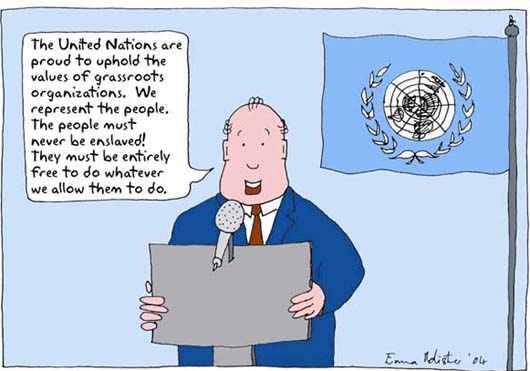
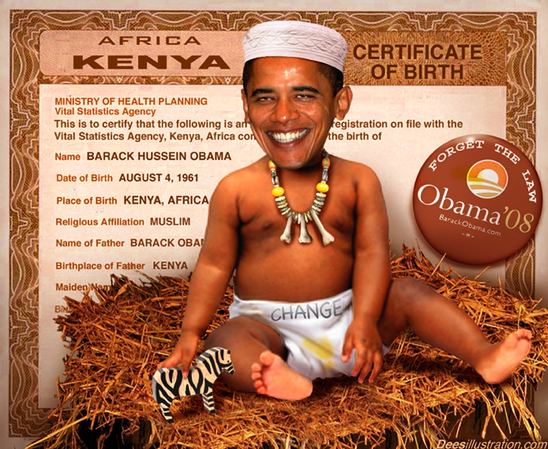



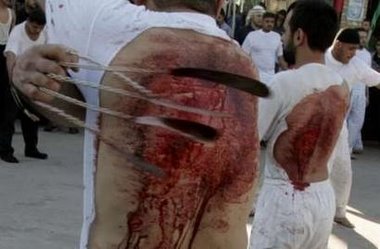



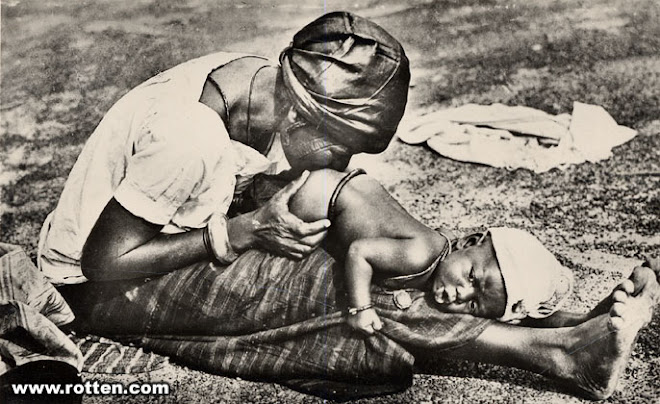











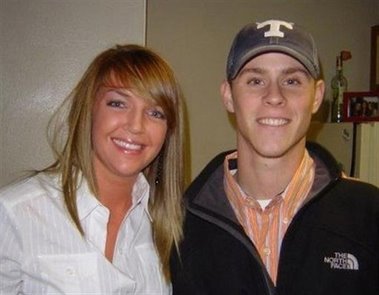



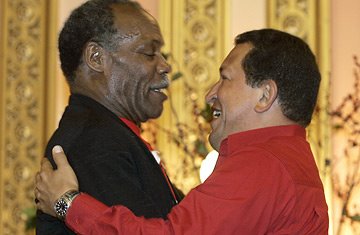
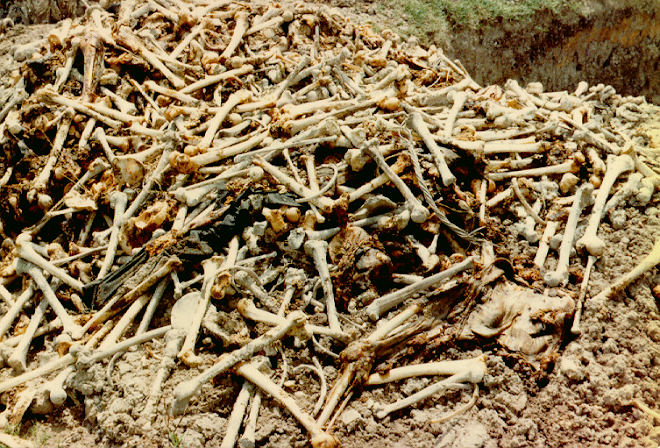
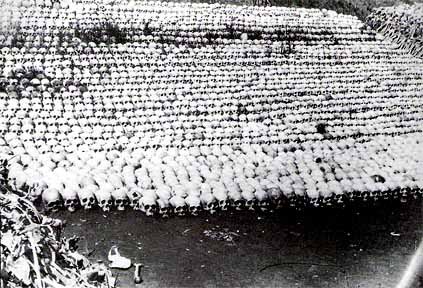
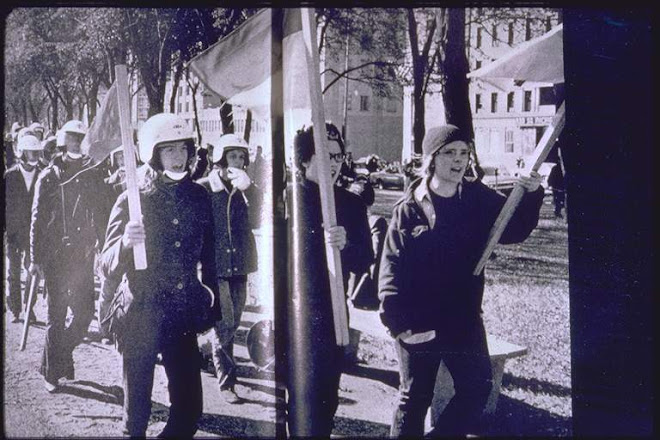
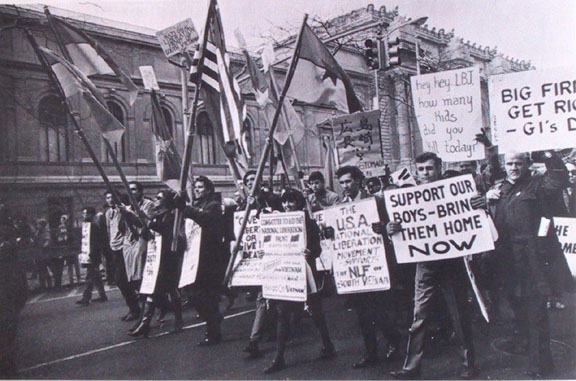
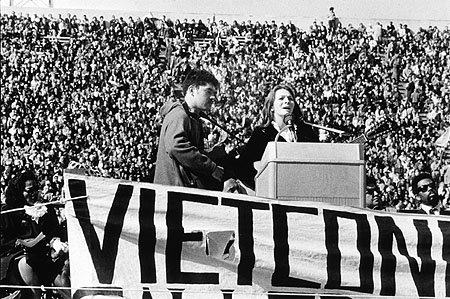
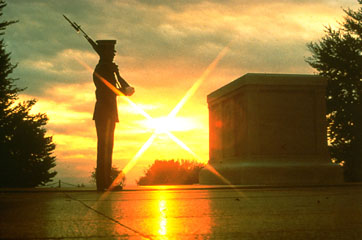


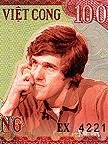

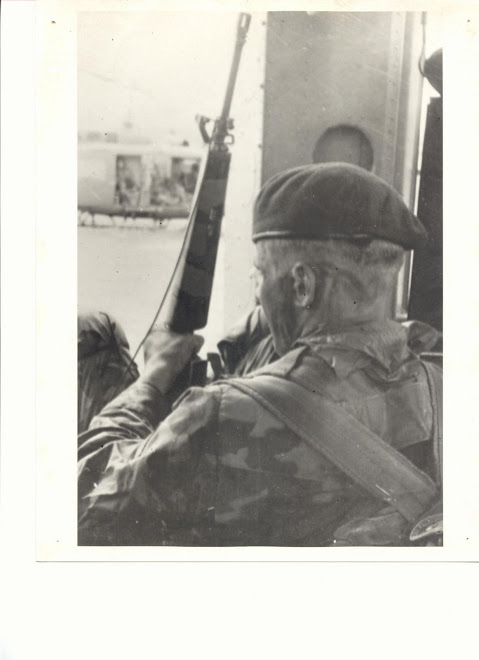
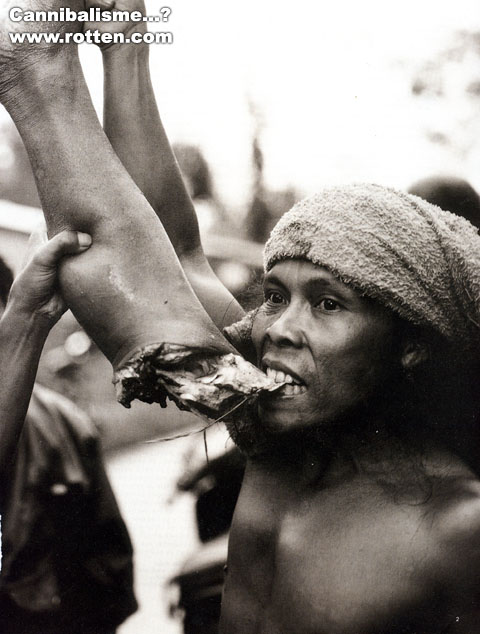


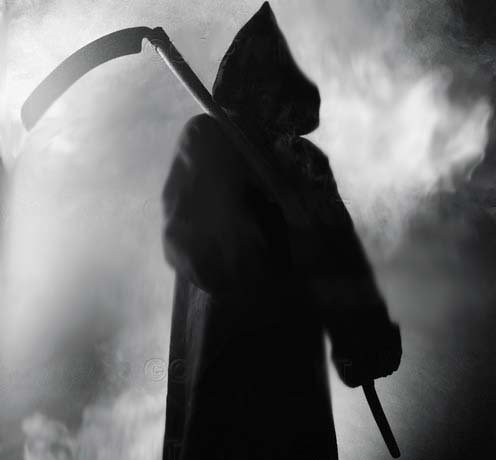

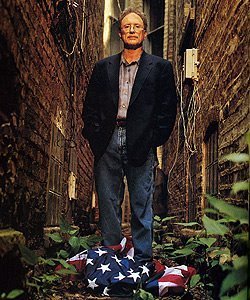
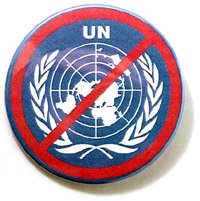



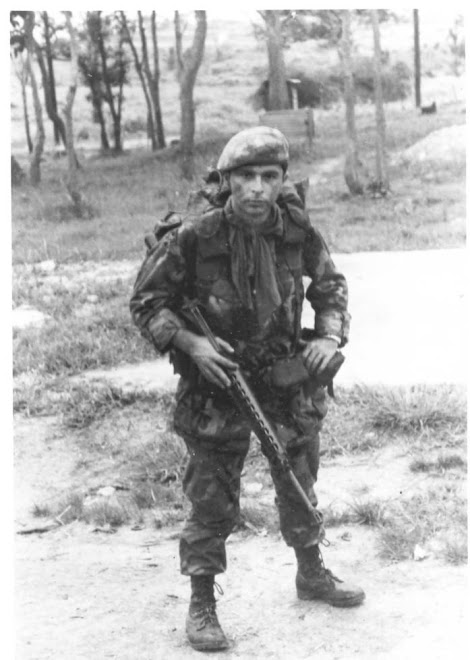
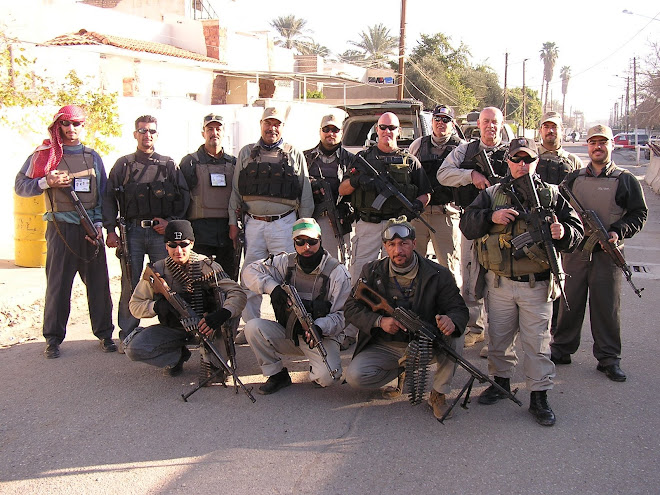
No comments:
Post a Comment